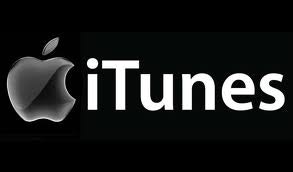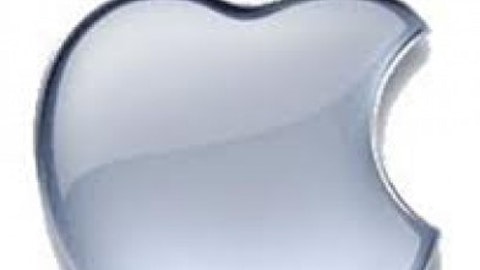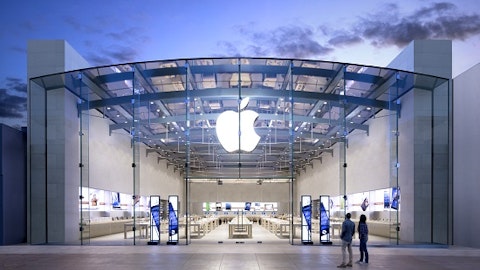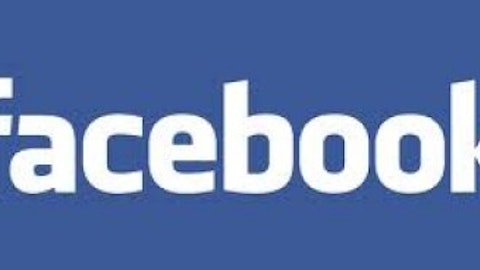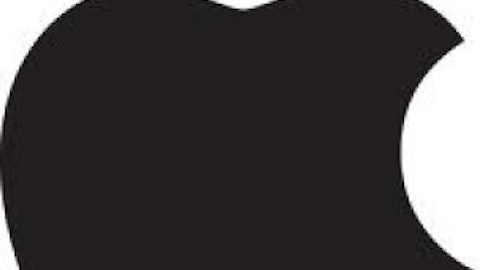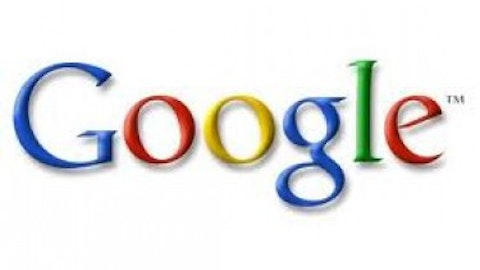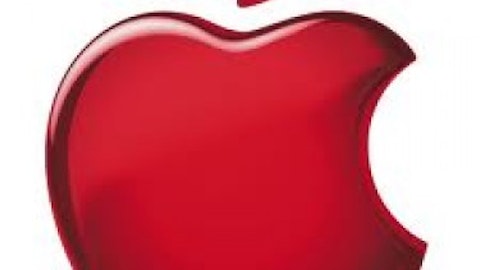Prior to Apple Inc. (NASDAQ:AAPL)’s iTunes Radio announcement on Monday, I had writtentwo pieces speculating about the potential ramifications for Pandora Media Inc (NYSE:P)’s business ahead of Apple’s rumored announcement.
As it turned out, the rumors proved stunningly accurate: Apple Inc. (NASDAQ:AAPL)’s iTunes Radio is practically a carbon copy of Pandora. Yet, something funny happened — Pandora Media Inc (NYSE:P)’s shares actually rallied on Monday. Bloomberg declared that “Apple iTunes Radio Seen as Little Threat to Pandora Service.”
Frankly, I have no idea how one would come to this conclusion. Apple Inc. (NASDAQ:AAPL)’s decision to create a carbon copy of Pandora should rob the service of many of its users, and at the same time, it exposes a deep flaw in Pandora Media Inc (NYSE:P)’s underlying business.
iTunes Radio: an embedded Pandora
Most of the disappointment with iTunes Radio seems to come from the fact that Apple Inc. (NASDAQ:AAPL) failed to push the envelope. As The Street’s Rocco Pendola told CNN, iTunes Radio is a “Pandora Media Inc (NYSE:P) knockoff.”
Like Pandora, iTunes Radio will allow users to listen to streaming music for free on their desktops and mobile phones. Playlists are generated based off an original artist or song, and users will be allowed a limited number of song skips. AppleInsider, comparing iTunes Radio to Pandora, said it has “virtually identical” function and performance.
But there’s one thing iTunes Radio has that Pandora Media Inc (NYSE:P) can’t match: deep iOS integration. For example, iTunes Radio can be accessed through Siri. Further, it is (as the name implies) built directly into iTunes — an application pre-loaded on all iDevices. Even more, it takes a user’s iTunes library into account when picking songs.
I’m sure some Apple Inc. (NASDAQ:AAPL) users will stick with Pandora out of familiarity (particularly if they are Pandora One subscribers). But for the vast majority? What reason do they have to stay?
You don’t need two Internet radio apps with identical functionality. They offer the same music in basically the same way. It would be the equivalent of someone buying cable from both Comcast Corporation (NASDAQ:CMCSA) and Time Warner Cable Inc (NYSE:TWC) — there’s simply no need.
In addition to iTunes Radio, Apple Inc. (NASDAQ:AAPL) is also including a built-in flashlight app in the next version of iOS. Referring to this feature, TechCrunch remarked that Apple had “mass-exterminated every flashlight app.”
Why does this logic hold for flashlights, but not Internet radio?
But not everyone uses an Apple device
Of course, iTunes Radio has a very limited audience — people with iTunes. That is to say, a user of Google Inc (NASDAQ:GOOG)’s Android (or Windows Phone or Research In Motion Ltd (NASDAQ:BBRY)) couldn’t make the switch to Pandora Media Inc (NYSE:P) even if they wanted to.
This clearly must be considered, given that Apple Inc. (NASDAQ:AAPL)’s smartphone market share in the US is only about 41%.
However, as Apple’s CEO Tim Cook is keen to point out, users are much more engaged when it comes to his company’s devices. In reality, Pandora’s mobile user base might be made up of a disproportionate number of iOS users (to my knowledge, Pandora does not disclose a breakdown of these numbers).
Nevertheless, iTunes Radio can’t rob Pandora Media Inc (NYSE:P) of every single one of its users — it isn’t possible given iTunes’ limited availability.
But here’s the other way in which iTunes Radio hurts Pandora: it demonstrates that the market has practically no barriers to entry.
